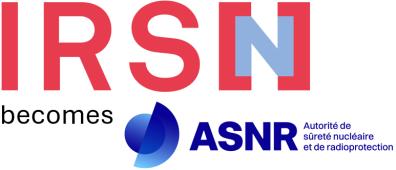TENOR
What is the TENOR consortium ?
TENOR, for TournemirE coNsORtium, is an international consortium set up in 2022 around research into the geological disposal of radioactive waste, developed within IRSN's Underground Research Laboratory at Tournemire. CNSC (Canadian authority) and Bel V and FANC (Belgian TSO and authority), IRSN's long-standing partners, are the first members of this consortium of technical experts and public authorities.
The TENOR consortium agreement is made up of an "Umbrella agreement" for steering and specific thematic "Implementing agreements" for implementing experiments, which will concern, in the first phase, clayey rock, the sealing of a disposal facility and the ageing of materials in such an environment.
The diagram below illustrates the consortium's organisational structure.
How does the TENOR consortium operate ?
The TENOR consortium is supported by a coordinator, a steering committee and technical groups. The consortium leader is responsible for ensuring that the research work at Tournemire runs smoothly. He collects contributions from the research programmes carried out within each technical group programme. He coordinates the work of the steering committee and the representatives of the technical groups. Each year, it prepares a draft annual report ahead of the annual meeting of the steering committee, for which it acts as secretary.
Each participant in TENOR undertakes to appoint a representative and to participate effectively in the bodies described above. It may propose new experiments via the relevant TTG. They are involved in the orientation of the research, participate in the collective analysis of the results and contribute to the promotion of the research.
Three specific agreements have been formalised to date
To date, the members of the TENOR consortium have formalised three specific agreements: SEALER, IMAGIN and GLOBE.
- The SEALER agreement concerns research into sealing: horizontal sealing with the SEALEX programme and vertical sealing with the VSEAL programme.
- The IMAGIN agreement concerns research into the ageing of materials: study of the corrosion of steels with the BACUCE programme and study of the ageing of concrete under representative storage water with the ICMB programme.
- The GLOBE agreement concerns research into the geological barrier: study of the thermo-diffusive properties of rock with the DIGIT programme.
